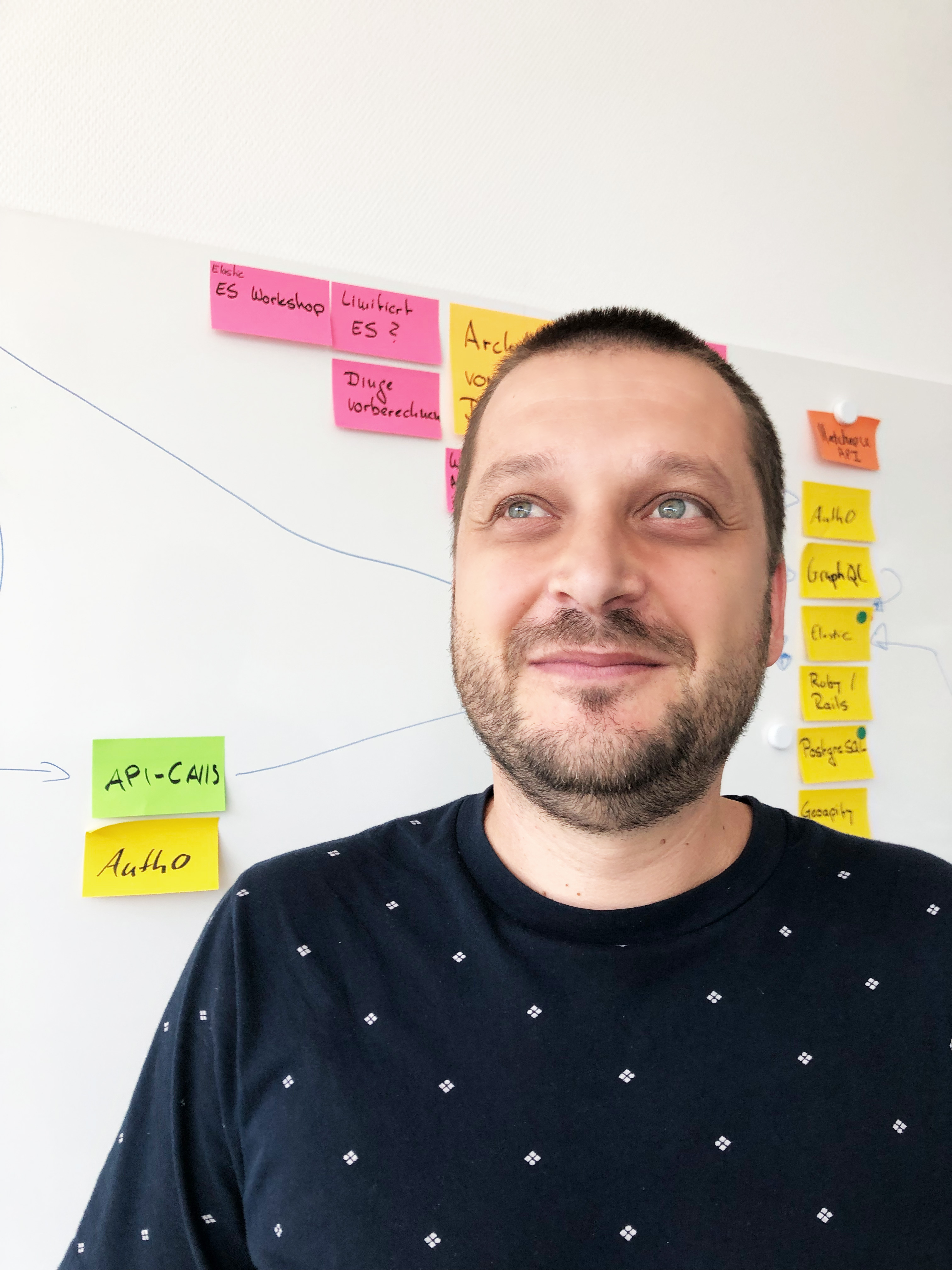Phoenix Layouts offer a powerful way to structure your Elixir LiveView application. From simple, static pages to complex, real-time user interactions, layouts cover a vast spectrum of possibilities. But how well do you understand these layout options and when to use them? Let’s explore!
Introduction to Elixir LiveView
Elixir’s LiveView is a revolutionary tool that empowers developers to build interactive, real-time applications without the need for JavaScript. When integrated with Phoenix, it opens a world of opportunities, one of which includes multiple layout options.
Phoenix Layouts Unveiled
In a Phoenix application, layouts are akin to templates that determine the structure and appearance of web pages. They enable code reusability, maintain consistent design across pages, and can even adapt dynamically to pop-out sections such as a sidebar or a navigation bar.
Mapping the Phoenix Layout Landscape
Phoenix provides several layout choices: the root layout, the normal layout, live layouts, and page-specific layouts.
The Root Layout
The root layout serves as a parent template for all pages in the application. It proves particularly useful for sections of your app that remain constant, such as headers or footers.
# Setting the root layout in live_view router
defmodule MyAppWeb.Router do
use MyAppWeb, :router
pipeline :browser do
...
plug :put_root_layout, {MyAppWeb.LayoutView, "root.html"}
end
...
endIn this example, root.html is the root layout for all LiveViews, and it remains static across all pages.
The Normal Layout
The normal layout is usually used for static content. It is ideal for delivering a consistent appearance across non-live or static pages.
# lib/my_app_web/layout_view.ex
defmodule MyAppWeb.LayoutView do
use Phoenix.View
def render("app.html", assigns) do
~L"""
...
<main role='main'>
<%= render @view_module, @view_template, assigns %>
</main>
...
"""
end
endIn app.html.leex, the dynamic content is rendered within the <main> tag in line with our layout’s design.
Live Layouts
Live Layouts are ideal for delivering real-time, dynamic content. Below you can see a LiveLayout example for a chat application:
# lib/my_app_web/live/live_layout.ex
defmodule MyAppWeb.LiveLayout do
use MyAppWeb, :live_layout
def render(assigns) do
~L"""
<div class="chat-container">
<%= live_render(@socket, MyAppWeb.UserListLive) %>
<%= @inner_content %>
</div>
"""
end
endThe UserListLive LiveView is always rendered in the chat container irrespective of which LiveView is shown on the right.
Page-specific Layouts
Page-specific layouts let you define a particular layout for individual pages.
# lib/my_app_web/live/product_live/show.ex
defmodule MyAppWeb.ProductLive.Show do
...
@layout {MyAppWeb.LayoutView, :product}
...
endHere, we defined a layout specifically for the Product page view.
Challenge Conquered: Combining live_session with Layouts
Phoenix also lets you define a layout within a live_session. This is especially useful if you want all LiveViews within the session to use the same LiveLayout.
# lib/my_app_web/router.ex
defmodule MyAppWeb.Router do
...
live_session :session, layout: {MyAppWeb.LayoutView, :session} do
live "/dashboard", DashboardLive
live "/profile", ProfileLive
end
...
endIn this snippet, both DashboardLive and ProfileLive would utilize the same :session layout.
Exploring these different layout options, we see Phoenix Layouts provide flexibility to structure your Elixir LiveView apps. Remember, the goal is not to use all layout options, but to use the right layout options where they fit best.

